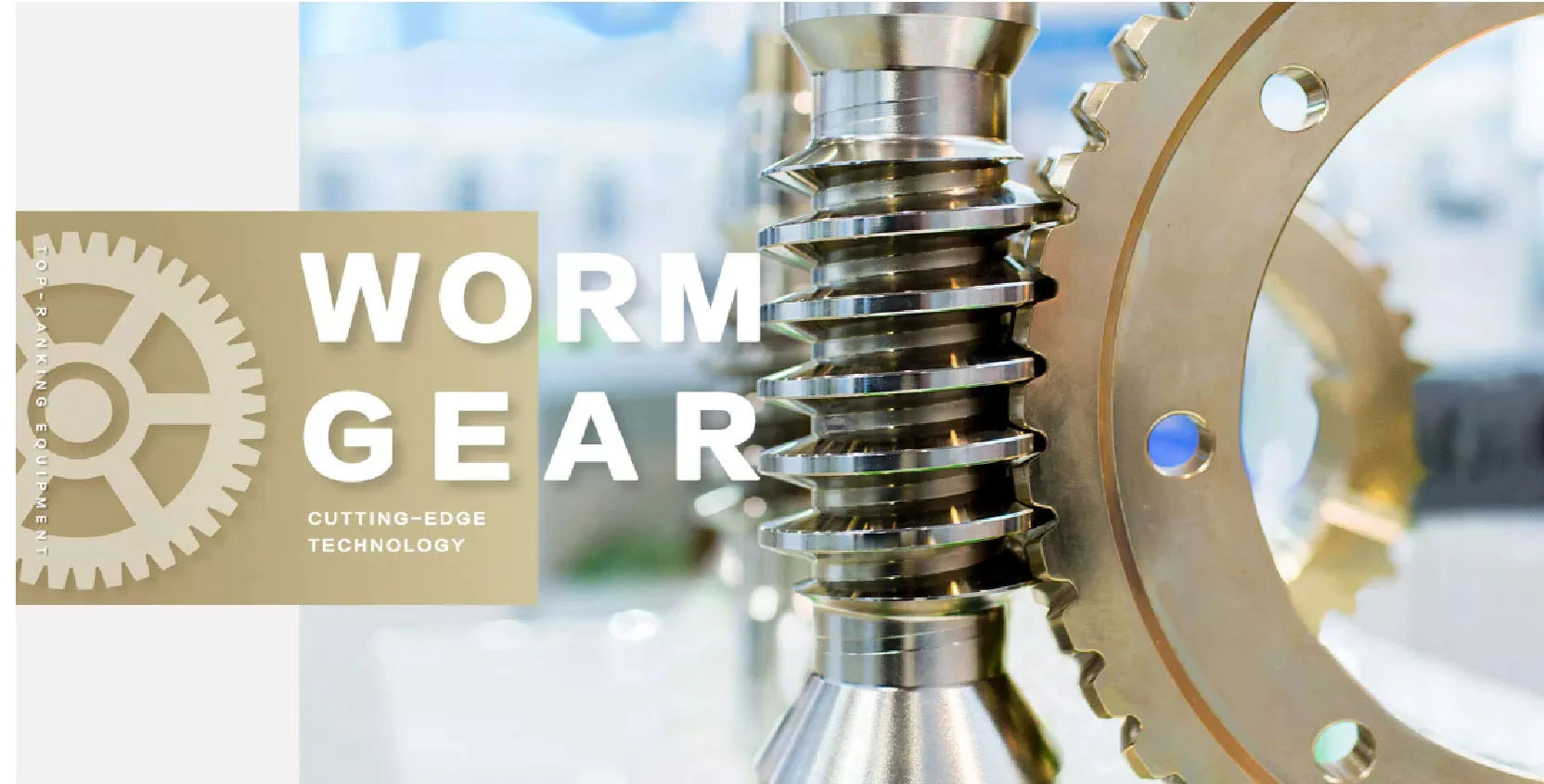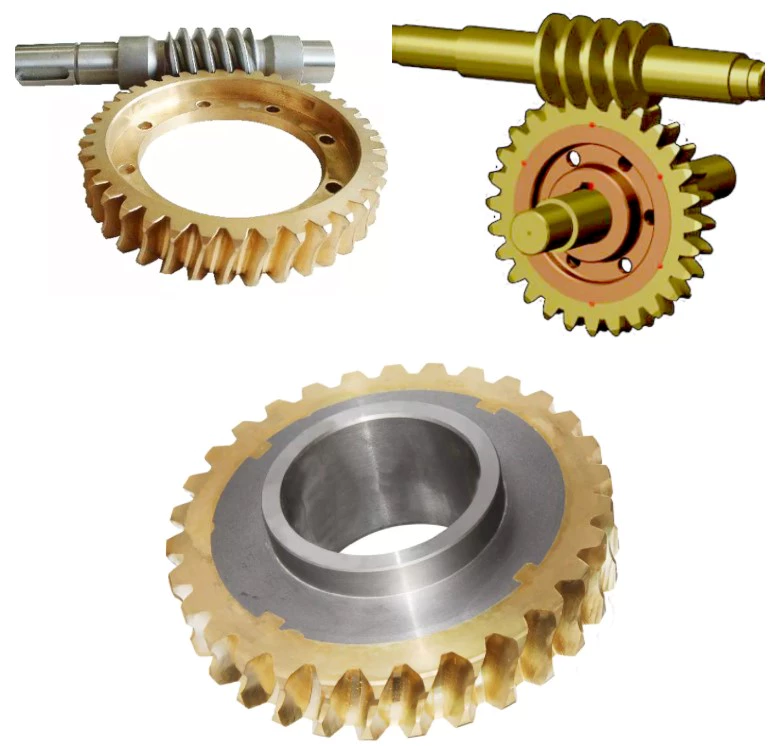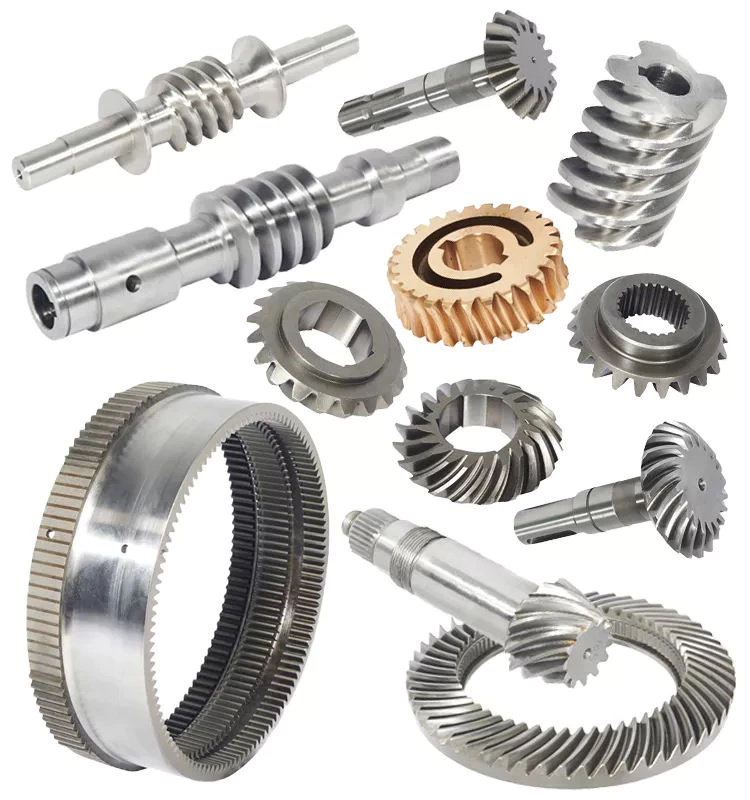Product Description
Exploration Core Drilling Rig Bore Well Drilling Rig High Efficiency
Product Information of XY-400F Drilling Rig Machine
According to the difficulties of customers encountered in the actual drilling:
XY-400F hydraulic trailer mounted drilling rig adopts to the latest technology for CZPT drilling
works. You can choose either electric motor or diesel engine as power,according to your working
environment.
Parameters of XY-400F Drilling Rig Machine
| 1. Main Parameters | ||
| Max. Drilling Depth | 400m | |
| Diameter of drill pipe | Φ42,Φ50,Φ60,Φ76 | |
| Angle of vertical spindle | 0°~90° | |
| Drilling capability | ||
| Φ75mm (3in) drill diameter | Max. Depth 400m | |
| Φ108mm (4.25) drill diameter | Max. Depth 320m | |
| Φ127mm (5in) drill diameter | Max. Depth 280m | |
| Φ168mm (6 3/5in) drill diameter | Max. Depth 220m | |
| Φ219mm (8 3/5in) drill diameter | Max. Depth 160m | |
| Φ273mm (10 3/4in) drill diameter | Max. Depth 130m | |
| Φ400mm (15 3/4in) drill diameter | Max. Depth 100m | |
| Φ500mm (19 1/2in) drill diameter | Max. Depth 50m | |
| Φ600mm (23 3/5in) drill diameter | Max. Depth 30m | |
| 2. Vertical Spindle | ||
| Rotation speed | Forward 8 grades | 50-1150r/min |
| Reverse 2 grades | 29-137r/min | |
| Spindle stroke | 600mm | |
| Spindle bore | 62mm | |
| Hoisting capability | 6000kg | |
| Max. Torque | 2800N.m | |
| 3. Main hoist | ||
| Lifting speed of single wire | 0.5-1.9m/s | |
| Diameter of wire rope | 14.0mm | |
| Carry capacity of single wire | 4000kg | |
| Diameter of winding drum | 300mm | |
| Volume of winding drum | 50m | |
| Lifting capability of single wire | 3000kg | |
| 4.Auxiliary Hoist | ||
| Winding drum | 140mm | |
| Diameter of steel wire rope | 6mm | |
| Volume of winding drum | 450m | |
| 5. Mud pump(as per your choice) | ||
| Horizontal triplex mud pump | BW-200II | |
| Displacement | 200L/min | |
| Working pressure | 50kg/cm² @ 5MPa | |
| Diameter of water inlet hose | 65mm | |
| Diameter of water outlet hose | 38mm | |
| 6.Power supply(choose 1 between the following two) | ||
| Diesel engine | 17.6kw (24HP) | |
| Electrical motor | Y160L-4,18.5kw | |
| 7. Weight and Dimension of main drilling rig | ||
| Weight | 3000kg | |
| Dimension | 3980×1950×2750mm | |
| 8.Six-wheel Trailer | ||
| Walking speed | Less than 10Km/h | |
| Frame carrying capacity | 8.5 tons | |
| Steering wheel 600-14(Single wheel) | 0.68 tons | |
| Bearing wheel 650-14(double wheels) | 0.9 tons | |
| Minimum turing angle | 6.8m | |
Characteristics of XY-400F Drilling Rig Machine
1.XY-400F has 8 grades forward rotation speed and 2 grades reverse rotation speed, wide speed
adjustable rang.
2. Compact mechanical transmission structure, light weight, large diameter of spindle bore, hydraulic stabilizer legs, good rigidity .
3.Advanced hydraulic system design makes the control handles concentrated, compact layout
reasonable, easy operation, flexible and reliable; Can realize remote speed change, more
humanization operation.
4. Equipped with the bottom hole pressure indicator, easy to master the situation inside the hole.
5. XY-400 series: XY-400F six-wheel trailer-mounted type, XY-400C crawler-mounted self-propelled type. The above two kinds all use the latest XY-400 host, hydraulic stabilizer legs, foldable hydraulic drilling tower of hydraulic automatic rise and fall, greatly improve the working efficiency, reduces the labor intensity.The actual construction have proved that our XY-400 series dramatically increase the economic benefit of users.
Working of XY-400F Drilling Rig Machine
DEFY Service
1.Professional technical support pre-sale, sale and after-sale .
2.Your problems can get feedback in 8 hours and be solved in 24 hours.
3.Machine can be customized as per your requirement.
4.One year quality warranty.
5.Training: operation manual and DVD operation video, overseas installation is also available.
6.Spare parts are available in our factory at cost price for former customers.
Other models for your choice:
|
Model |
Drilling Caliber |
Max. depth |
Feature |
|
XY100 |
75~300mm |
100m |
Disassemble drill tower; Small in size. |
|
XY-130 |
75~300mm |
130m |
|
|
XY-150 |
75~400mm |
150m |
|
|
XY-180 |
75~400mm |
180m |
|
|
XY-200 |
75~400mm |
200m |
|
|
XY-200F |
75~400mm |
200m |
Integrative drill tower; Easy to transport. |
|
XY-200C |
75~400mm |
200m |
|
|
XY-600F |
75~500mm |
600m |
FAQ
Q1: Are you trading company or manufacturer?
A1: We are original equipment manufacturer.we design,produce and sell.We master the core
technology, and constantly adjust our products according to the market trend and customer
feedback, ensure product quality.
Q2: How long is your delivery time?
A2: It is according to the model and quantity.
Generally it is 3-5 days if the machines are in stock.
It will be 15-30 days if you want to customize the machines.
Q3: What do I need to do after payment?
A3: a) If under FOB trading terms,you need to employ a ship forwarder to ship the goods to you;
b) Under CIF trading terms,we send the goods to the destination port,and contact you to pick
up the goods; All documents for customs clearance will be sent to you by international
express after shipment.
How to choose a suitable drilling rig?
1. What will you do using drilling rig?
—For water project, core sample, soil test, mineral prospect or others?
2. The depth you need?
—For water well, generally, 30-200m. For core sample, 30-600m, even more.
3. Any requirements to hole diameter?
—Within a certain range, the smaller diameter, the deeper depth. Mathematically, we call it
inversely proportional.
4. Working land condition?
A. soil, sand, weathered land, etc. soft stratum.
B. soil, sand, soft and hard rock stratum, mixed one.
C. Mainly hard rock, like granite.
Based on the above information, Our experienced engineers will help you recommend suitable
machine and price. If you have special demands, please tell us ahead.
About Us
HangZhou CZPT Mechanical & Electrical Equipment Co.,Ltd. locates in High-tech zone of
HangZhou city, China.
Our factory dedicates in manufacturing drilling rig since 1970s, more than 40 years’ experience
of production and development makes our product quality rank in the leading position at home and
abroad.
We are always seeking for ever greater perfection, keeping improving the production technology,
offering better user experience.
An Overview of Worm Shafts and Gears
This article provides an overview of worm shafts and gears, including the type of toothing and deflection they experience. Other topics covered include the use of aluminum versus bronze worm shafts, calculating worm shaft deflection and lubrication. A thorough understanding of these issues will help you to design better gearboxes and other worm gear mechanisms. For further information, please visit the related websites. We also hope that you will find this article informative.
Double throat worm gears
The pitch diameter of a worm and the pitch of its worm wheel must be equal. The 2 types of worm gears have the same pitch diameter, but the difference lies in their axial and circular pitches. The pitch diameter is the distance between the worm’s teeth along its axis and the pitch diameter of the larger gear. Worms are made with left-handed or right-handed threads. The lead of the worm is the distance a point on the thread travels during 1 revolution of the worm gear. The backlash measurement should be made in a few different places on the gear wheel, as a large amount of backlash implies tooth spacing.
A double-throat worm gear is designed for high-load applications. It provides the tightest connection between worm and gear. It is crucial to mount a worm gear assembly correctly. The keyway design requires several points of contact, which block shaft rotation and help transfer torque to the gear. After determining the location of the keyway, a hole is drilled into the hub, which is then screwed into the gear.
The dual-threaded design of worm gears allows them to withstand heavy loads without slipping or tearing out of the worm. A double-throat worm gear provides the tightest connection between worm and gear, and is therefore ideal for hoisting applications. The self-locking nature of the worm gear is another advantage. If the worm gears are designed well, they are excellent for reducing speeds, as they are self-locking.
When choosing a worm, the number of threads that a worm has is critical. Thread starts determine the reduction ratio of a pair, so the higher the threads, the greater the ratio. The same is true for the worm helix angles, which can be one, two, or 3 threads long. This varies between a single thread and a double-throat worm gear, and it is crucial to consider the helix angle when selecting a worm.
Double-throat worm gears differ in their profile from the actual gear. Double-throat worm gears are especially useful in applications where noise is an issue. In addition to their low noise, worm gears can absorb shock loads. A double-throat worm gear is also a popular choice for many different types of applications. These gears are also commonly used for hoisting equipment. Its tooth profile is different from that of the actual gear.
Bronze or aluminum worm shafts
When selecting a worm, a few things should be kept in mind. The material of the shaft should be either bronze or aluminum. The worm itself is the primary component, but there are also addendum gears that are available. The total number of teeth on both the worm and the addendum gear should be greater than 40. The axial pitch of the worm needs to match the circular pitch of the larger gear.
The most common material used for worm gears is bronze because of its desirable mechanical properties. Bronze is a broad term referring to various copper alloys, including copper-nickel and copper-aluminum. Bronze is most commonly created by alloying copper with tin and aluminum. In some cases, this combination creates brass, which is a similar metal to bronze. The latter is less expensive and suitable for light loads.
There are many benefits to bronze worm gears. They are strong and durable, and they offer excellent wear-resistance. In contrast to steel worms, bronze worm gears are quieter than their counterparts. They also require no lubrication and are corrosion-resistant. Bronze worms are popular with small, light-weight machines, as they are easy to maintain. You can read more about worm gears in CZPT’s CZPT.
Although bronze or aluminum worm shafts are the most common, both materials are equally suitable for a variety of applications. A bronze shaft is often called bronze but may actually be brass. Historically, worm gears were made of SAE 65 gear bronze. However, newer materials have been introduced. SAE 65 gear bronze (UNS C90700) remains the preferred material. For high-volume applications, the material savings can be considerable.
Both types of worms are essentially the same in size and shape, but the lead on the left and right tooth surfaces can vary. This allows for precise adjustment of the backlash on a worm without changing the center distance between the worm gear. The different sizes of worms also make them easier to manufacture and maintain. But if you want an especially small worm for an industrial application, you should consider bronze or aluminum.
Calculation of worm shaft deflection
The centre-line distance of a worm gear and the number of worm teeth play a crucial role in the deflection of the rotor. These parameters should be entered into the tool in the same units as the main calculation. The selected variant is then transferred to the main calculation. The deflection of the worm gear can be calculated from the angle at which the worm teeth shrink. The following calculation is helpful for designing a worm gear.
Worm gears are widely used in industrial applications due to their high transmittable torques and large gear ratios. Their hard/soft material combination makes them ideally suited for a wide range of applications. The worm shaft is typically made of case-hardened steel, and the worm wheel is fabricated from a copper-tin-bronze alloy. In most cases, the wheel is the area of contact with the gear. Worm gears also have a low deflection, as high shaft deflection can affect the transmission accuracy and increase wear.
Another method for determining worm shaft deflection is to use the tooth-dependent bending stiffness of a worm gear’s toothing. By calculating the stiffness of the individual sections of a worm shaft, the stiffness of the entire worm can be determined. The approximate tooth area is shown in figure 5.
Another way to calculate worm shaft deflection is by using the FEM method. The simulation tool uses an analytical model of the worm gear shaft to determine the deflection of the worm. It is based on a two-dimensional model, which is more suitable for simulation. Then, you need to input the worm gear’s pitch angle and the toothing to calculate the maximum deflection.
Lubrication of worm shafts
In order to protect the gears, worm drives require lubricants that offer excellent anti-wear protection, high oxidation resistance, and low friction. While mineral oil lubricants are widely used, synthetic base oils have better performance characteristics and lower operating temperatures. The Arrhenius Rate Rule states that chemical reactions double every 10 degrees C. Synthetic lubricants are the best choice for these applications.
Synthetics and compounded mineral oils are the most popular lubricants for worm gears. These oils are formulated with mineral basestock and 4 to 6 percent synthetic fatty acid. Surface-active additives give compounded gear oils outstanding lubricity and prevent sliding wear. These oils are suited for high-speed applications, including worm gears. However, synthetic oil has the disadvantage of being incompatible with polycarbonate and some paints.
Synthetic lubricants are expensive, but they can increase worm gear efficiency and operating life. Synthetic lubricants typically fall into 2 categories: PAO synthetic oils and EP synthetic oils. The latter has a higher viscosity index and can be used at a range of temperatures. Synthetic lubricants often contain anti-wear additives and EP (anti-wear).
Worm gears are frequently mounted over or under the gearbox. The proper lubrication is essential to ensure the correct mounting and operation. Oftentimes, inadequate lubrication can cause the unit to fail sooner than expected. Because of this, a technician may not make a connection between the lack of lube and the failure of the unit. It is important to follow the manufacturer’s recommendations and use high-quality lubricant for your gearbox.
Worm drives reduce backlash by minimizing the play between gear teeth. Backlash can cause damage if unbalanced forces are introduced. Worm drives are lightweight and durable because they have minimal moving parts. In addition, worm drives are low-noise and vibration. In addition, their sliding motion scrapes away excess lubricant. The constant sliding action generates a high amount of heat, which is why superior lubrication is critical.
Oils with a high film strength and excellent adhesion are ideal for lubrication of worm gears. Some of these oils contain sulfur, which can etch a bronze gear. In order to avoid this, it is imperative to use a lubricant that has high film strength and prevents asperities from welding. The ideal lubricant for worm gears is 1 that provides excellent film strength and does not contain sulfur.

